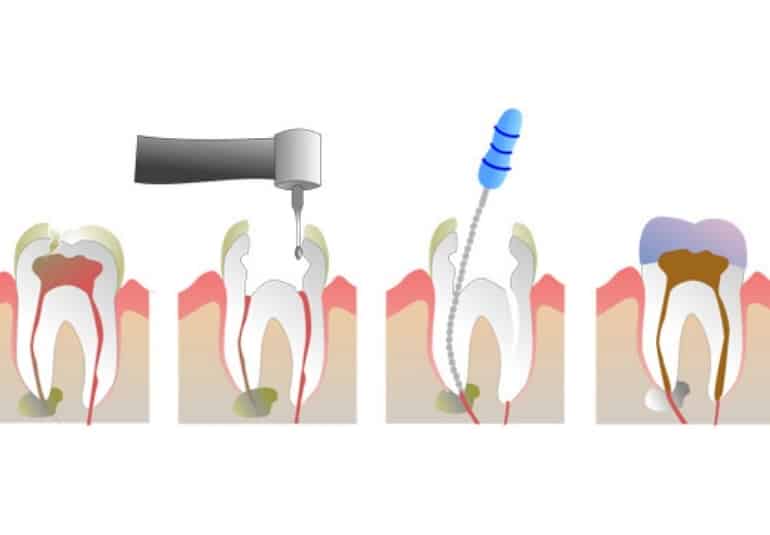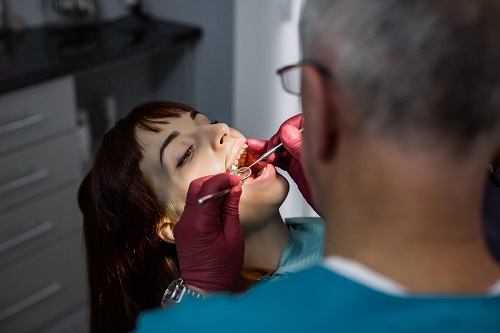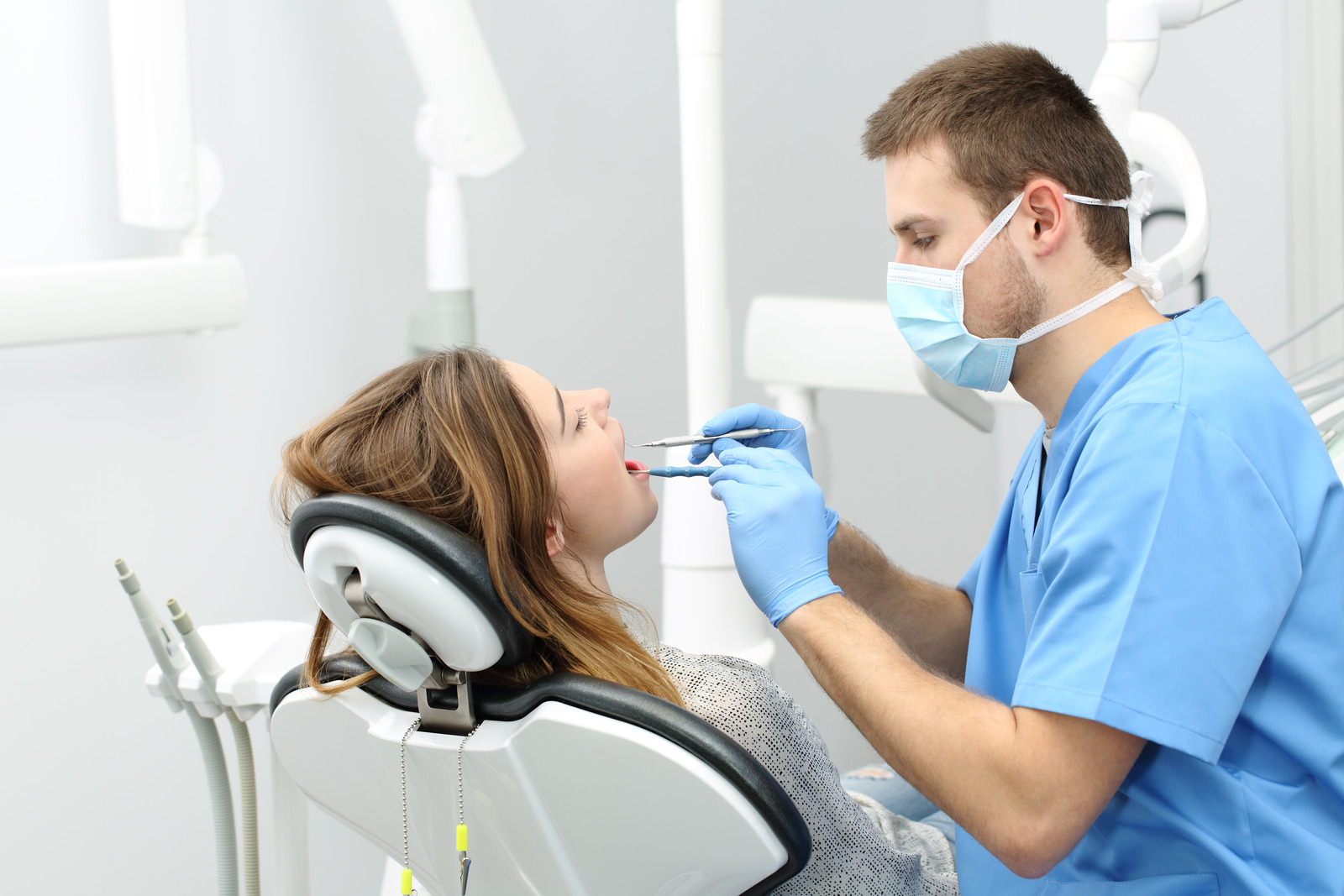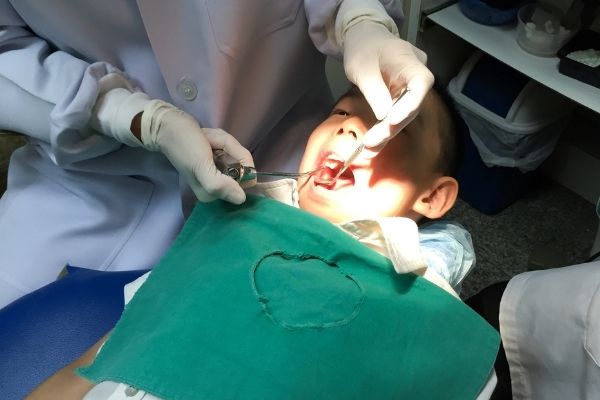Last Updated on: 5th December 2024, 08:57 am
What is pulpotomy?
Your children’s health is the most important treasure you should take care of, from routine visits to the doctor and dentists to prevent any condition to the food you feed them to keep them healthy and with a beautiful smile. However, tooth decay is a swift and silent disease that can appear at the slightest sign of carelessness. This disease is very common. The National Institute of Dental and Craniofacial Research reported that 42% of children aged 2 to 11 years had cavities in their baby teeth. This may be due to their poor motor development and not being able to brush their teeth on their own, and the high sugar intake at that age.

According to the American Academy of Pediatric Dentistry (AAPD), tooth decay can progress to serious damage to your teeth, such as pulp inflammation or pulpitis, for which your dentist may perform a procedure called a pulpotomy involving removing part of the pulp infected by decay. But what exactly is a pulpotomy, and how do you know if it is necessary?
Symptoms of pulpitis
The teeth are made up of different structures. On the surface, we will find hard layers such as enamel and dentin. These layers are responsible for protecting the pulp that houses the nerves and blood vessels of the tooth. When a cavity is so deep that it reaches the tooth’s innermost layer, the pulp can become inflamed in a reversible form. However, if it advances much further, it will be irreversible. The reversible condition can cause pain when eating ice cream or something hot. The irreversible form will present pain at any time and usually does not lessen with analgesics.

For a better diagnosis, you will need an x-ray, so your dentist can see the extent of the injury, and this will help to determine the best treatment, as this may vary by age, the possibility of being able to restore it, and the presence or not of the permanent tooth that will replace it.
Treatments
There are 2 possible treatments for an inflamed pulp, depending on the depth of the lesion.
- In case the lesion has not yet reached the pulp itself, that is to say, that it is very close, it will be possible to make an indirect covering in which medicine will be placed that will reduce the inflammation, help prevent caries from advancing and favor healing.
- The second way is a pulpotomy. This will be the treatment of choice if the caries is so deep that it has already reached the pulp and an indirect veneer cannot be used.
After both treatments, it will be necessary to restore the tooth with resins or crowns.
What does pulpotomy consist of?
A pulpotomy is usually performed to preserve the tooth and the pulp of the root. It can be done in baby teeth and permanent teeth, preferably young. It is not the same as a root canal since only the affected part of the pulp of the tooth will be removed, and the pulp that is in the roots will be left.

To perform it, your dentist will need to anesthetize the tooth. This will help reduce any discomfort during the procedure. It consists of cleaning and decontaminating the tooth and partially removing the pulp or part of the affected nerve. This treatment can be performed on both primary and permanent dentitions.
Once your dentist has emptied the inside of the decayed tooth, it will be necessary to use a filling and seal it so that bacteria cannot enter the pulp of the tooth again and recover its function and esthetics. Upon completion of this process, your dentist will schedule future check-ups to monitor the condition of the restoration and the tooth. After the procedure, you may experience some pain and/or swelling. Your dentist will probably prescribe painkillers to help you.
Adult pulpotomy
An adult pulpotomy is performed in the same way as pulpotomies in children. However, they are not performed very often, as dentists prefer root canals or extractions to treat permanent adult teeth.
Contraindications
Some cases may occur before, during, or after pulpotomy is performed that could be a contraindication or indicate failure of the treatment.
- Irreversible pulpitis: If the tooth is diagnosed as having irreversible pulpitis caused by caries, instead of pulpotomy, your child will have to undergo pulpectomy or extraction of the tooth.
- Pain: If you or your child presents spontaneous pain that does not lessen with analgesics probably you are not the right candidate for this treatment and what you need is endodontics or an exodontics. On the other hand, if after treatment the pain continues or increases, you will also need a root canal or exodontia.
- Bleeding: If during treatment, your tooth experiences pain that does not stop, the treatment of choice will be pulpectomy in the case of children, endodontics, or exodontics.
- Age: Baby teeth and young permanent teeth have a great capacity for regeneration. This makes them excellent candidates for pulpotomies. On the other hand, adult teeth, having less capacity for repair, tend not to respond to treatment and require more extreme treatments.
Recommendations
According to the American Academy of Pediatric Dentistry (AAPD), to prevent other teeth from being affected by caries, it will be necessary to adopt good hygiene habits. In the case of your child, you should help them in the process. In addition, frequent visits to your dentist will be one of the most important tools to achieve this.

It is natural to be concerned when your child is about to undergo any dental procedure. However, you should rest assured that a pulpotomy is a virtually risk-free procedure.
If you have any questions or concerns, remember that it is essential to discuss them with your dentist, who should be able to answer them so that you feel more comfortable with the idea of the procedure.
Contact Us
If you have any questions about this or other topics, you can contact us at Channel Island Family Dental, as well as on our Facebook page. At Channel Island Family Dental, we will be attentive to your visit to make a timely diagnosis. Our dentists in Oxnard, Santa Paula, Ventura,Newbury Park and Port Hueneme will be able to guide you to the best treatment to give you back your best smile.



